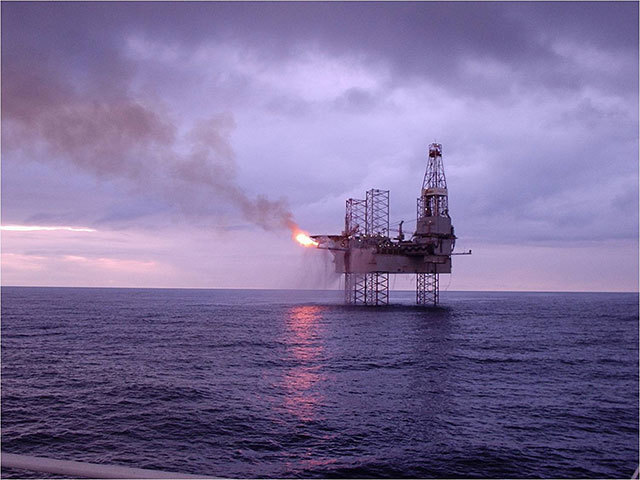
Exploration and production companies should be driving the industry’s technology development agenda, according to new findings.
In an exclusive, industry-wide Energy Voice research project, dubbed Energy 2050 – Securing our future, nearly half of respondents said E&P companies should be responsible for ensuring the industry’s ability to invent, prove and adapt new technology.
But despite the call for sector-wide E&P leadership, the research also revealed the industry has yet to shed its historical “race-to-be-second” technology adaptation mentality, with the majority of respondents admitting a reluctance to be first.
The groundbreaking research led by Energy Voice, and done in partnership with EY, Robert Gordon University (RGU), Fifth Ring, Burness Paull and Douglas Westwood, is part of a year-long global initiative to gauge market perspectives and trends. The first wave, revealed at this year’s OTC, examined mounting cost base pressures.
This latest wave of the research looked specifically at the industry’s relationship to technology.
Paul de Leeuw, director at RGU’s Oil and Gas Institute, today welcomed the findings.
The 27-year industry veteran said: “The research was a really, really great snapshot of the sentiment in the industry right now regarding technology so I really welcome the findings. There were three things that stood out to me.
“First, I was not surprised to see that the majority of the respondents said investment in research and development was down amid this low oil price. That’s a really worrying trend, because we need investment now more than ever.
“Second, it was really interesting to see who people thought should be driving this. The majority of respondents thought technology development should be driven by the exploration and production companies. Very few thought it should the regulator and I couldn’t agree more.
“Third, we need to be far more visionary and ambitious if we are to be successful as an industry. The race to be second is seriously unhelpful and we need more people who are willing to be early adaptors.”
His sentiment on the “worrying trend” of reduced R&D investment was shared.
A total of 66% of respondents felt dipped oil prices had driven down research and development investment within the industry, according to the findings. A minority 8% – made up of mostly service firms – said they had seen investment increase.
A majority of respondents said decreased investment would stifle opportunities for future drilling programmes and delay the exploitation of current assets. Participants said stunted R&D budgets would lead to “less innovation, reduced competitiveness, high unemployment, reduced operational efficiencies and increased costs”.
An accelerated decline of aging North Sea assets was also identified as a flattened R&D side effect.
However, a total of 41% of respondents admitted to not wanting to be first adopter of technology. Other primary factors limiting current technology implantation included a reduced appetite for R&D investment (31%), access to finance (19%), the length of field trials (6%) and regulations and safety cases (2%).
While 46% of UK respondents said they were hesitant to be first adaptor, only 25% of international respondents noted that as a main hindrance. Instead, 44% said a reduced appetite in R&D as the main blocker.
Respondents made a clear call to action for E&P companies to change current technology perceptions.
A total of 41% said technology development needed to be driven by exploration and production companies, 22% said government should fill the role, 20% said technology should be driven by competition with the supply chain and only 6% said the Oil and Gas Authority should lead the way.
The research also focused on the benefits for standardisation for capital projects, drivers of technology investment and the industry’s five year technology outlook.
More to follow.
Recommended for you
